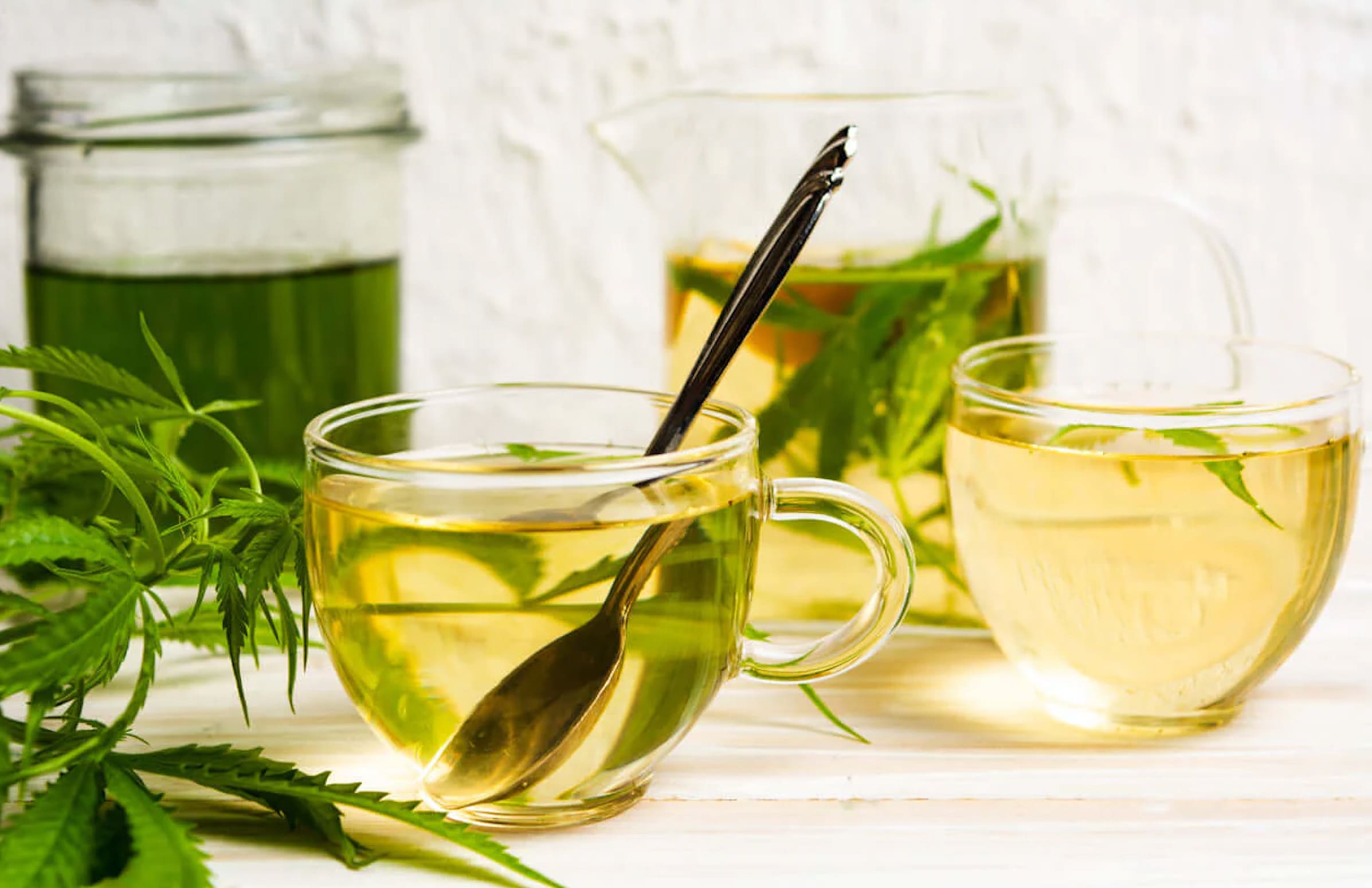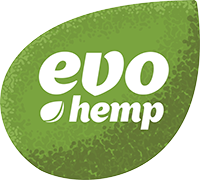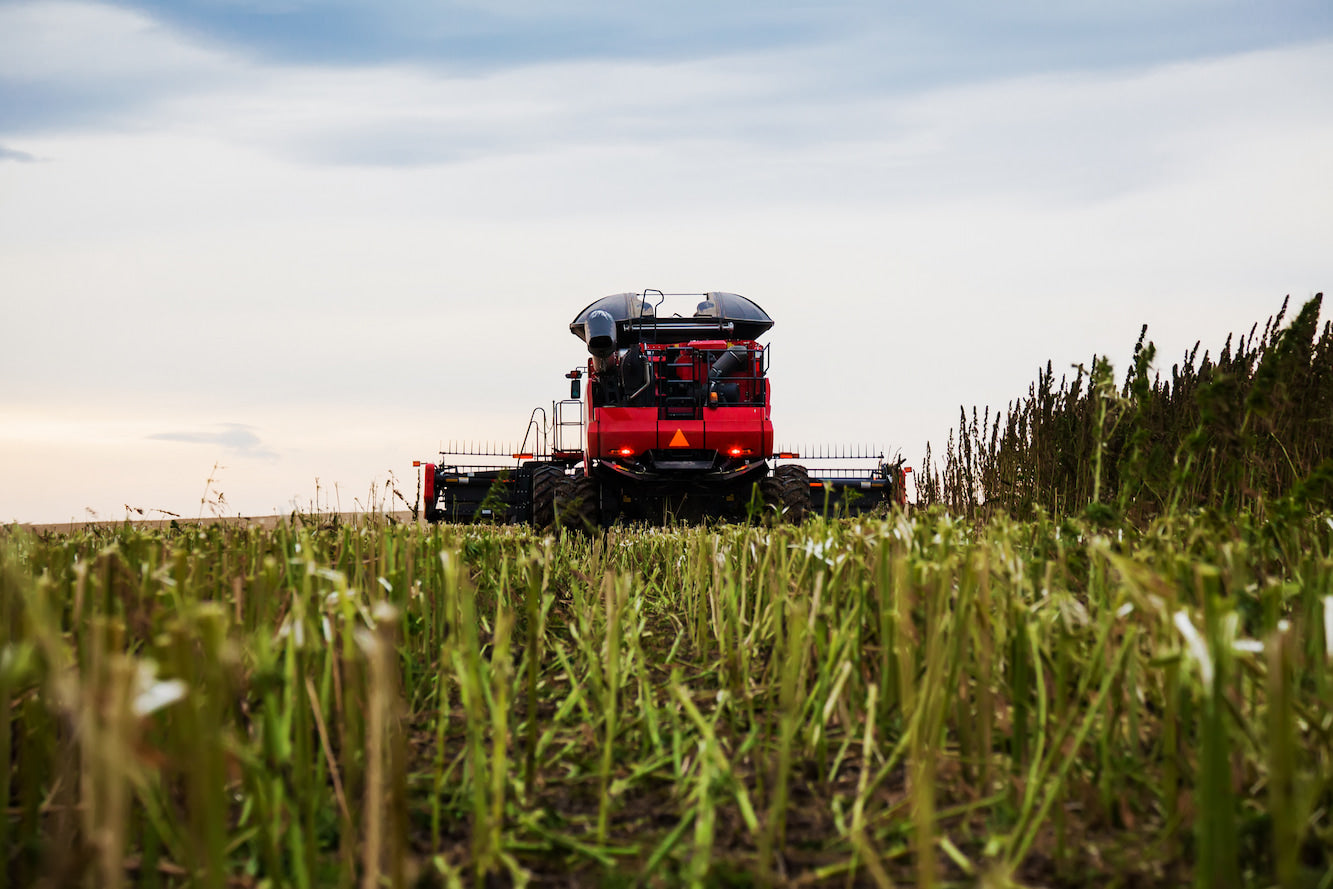Hemp Tea Benefits: 4 Reasons To Drink Hemp Tea

Herbal teas are nothing new; people have been drinking herbal tea for centuries. Some tea blends were designed specifically for their flavor, while other tea blends have been historically used for their purported medicinal value. You’ve likely heard of chamomile tea as a soothing bedtime drink, or ginger tea to help settle an upset tummy.
Hemp tea utilizes the wellness benefits of the active botanicals in the hemp plant to produce a broad wealth of wellness benefits that most people will enjoy.
Here are four reasons why you should brew up a cup of hemp tea when it’s time to relax.
What Is Hemp Tea?
Hemp tea is tea infused with hemp extract. Unlike most herbal teas, hemp tea isn’t intended to be prepared with the dried leaves of the hemp plant. Although the leaves of the plant do contain small amounts of valuable active botanicals and cannabinoids, the real source of the plant’s cannabinoids exists in its flowers.
Some people use dried and cured hemp flower as a base for their herbal tea preparations, but many people prefer to take the easier route. Prepared hemp extracts are more convenient to use and less likely to dominate the flavor of your tea due to the small amount required to produce effects.
In short, hemp tea is any tea that uses hemp in any form as a valuable ingredient. It can be plain green tea with a few drops of hemp, or hemp flower blended with black tea and dried fruit. It’s a versatile drink that can be prepared however you’d like to prepare it.
Will Hemp Tea Get You High?
While hemp plants are cannabis plants, the word “hemp” comes with a few important distinctions. Hemp is the term used in the 2018 Farm Bill to refer to any cannabis plant that produces 0.3% or less THC by its dry weight.
THC is the psychoactive cannabinoid found in cannabis. When people refer to getting high, they’re referring to the effects of this cannabinoid. Since hemp plants produce so little of this compound, hemp extract and hemp flower won’t get you high.
Hemp plants contain significant amounts of other cannabinoids that produce different effects, but none of these other cannabinoids produce any kind of mental or physical impairment.
What Is CBD?
CBD, or cannabidiol, is a cannabinoid naturally abundant in most types of hemp plants. This non-psychoactive cannabinoid is similar to cannabinoids your body naturally produces to support crucial processes throughout many of its systems.
It’s completely safe to ingest, poses no risks for addiction or dependency, and typically does not cause side effects when taken as directed.
CBD is often used as a wellness supplement. People use melatonin or valerian root to promote better sleep. They use nootropics to improve mood, focus, and concentration. They use adaptogens like reishi mushrooms for general wellness support. CBD has a reputation for being a catch-all for all of the above, making it a valuable tool in simplifying your wellness routine.
Why take half a dozen supplements or nutraceuticals when you can meet your needs with one?
How Does CBD Work?
Your body has a series of cannabinoid receptors referred to as your endocannabinoid system. This isn’t a system that exists in a single place, but a vast network that spans from your brain to your digestive system and beyond.
Your body makes its own cannabinoids, called endogenous cannabinoids, specifically for this system to use. There are a lot of unknowns surrounding the endocannabinoid system. Medical researchers know that the body manufactures at least two cannabinoids on its own and that these cannabinoids are very quickly and efficiently utilized by the system. Not much else is known.
How much of each cannabinoid the body needs remains unknown, and the importance of these cannabinoids is difficult to gauge. Because the process is not fully understood, there are no recommendations or guidelines for cannabinoid dosage or usage based on actual human need.
CBD interacts with the same receptors that these endogenous cannabinoids stimulate. Many people feel that using CBD makes them feel broadly and generally better. They feel like their body and mind are at ease, all systems supported as they should be.
While CBD supplementation is regarded as a non-habit-forming process, some people experience benefits so meaningful that they couldn’t imagine giving up their CBD.
Some of CBD’s effects will be immediate, but the bulk of the benefits become apparent with consistent use. You’ll fully realize the way CBD affects you after using it daily for about a month.
Does Hemp Tea Contain CBD?
Some hemp products do not naturally contain CBD.
For example, hemp hearts and hemp seed oil are the seeds of the plant, rather than the leaves. The hemp plant has to germinate and grow into maturity in order to begin producing cannabinoids. There are no cannabinoids in an unsprouted seed.
Fully mature hemp plants and extracts made from mature plant flowers will contain a full wealth of cannabinoids, including CBD. If you were to use flowers or hemp extract in your hemp tea, it would contain CBD.
CBD (and other cannabinoids) are the main sources of the benefits in hemp tea. While the hemp plant also contains beneficial omega 3 fats, flavonoids, terpenes, and phytonutrients, CBD is widely regarded as the star of the show.
Why Should I Drink Hemp Tea?
There is no shortage of reasons to incorporate CBD or hemp products into your daily routine. If you’re already a tea drinker, tying your CBD ritual to your tea ritual will make it easier to remember to use your CBD consistently.
You’ll find that your breakfast tea, your midday tea and scone break, or your nighttime tea and book ritual is blissfully enhanced when you add a little hemp extract into the mix.
1. Hemp Tea Is Relaxing
CBD works as a mood booster. Many people find that CBD promotes a sense of calm clarity that they can use to focus on the task at hand. It’s just as valuable for working and studying as it is for leisurely reading, painting, or practicing piano.
Any task that requires you to pay attention and take your time may be made slightly easier due to the way CBD can help to modulate your mood.
2. Hemp Tea Can Ease Physical Tension
When you’re relaxed, physical tension naturally dissipates from your body. Emotional tension and physical tension are closely intertwined. When you’re stressed out, you might feel like your back, neck, and shoulders are tense. Since CBD helps to make you feel relaxed, a natural consequence of that relaxation may be the easing of physical tension.
Many people use CBD as a workout recovery supplement because they enjoy this particular benefit. They’re less likely to feel tense or sore the day after a long workout when they’re able to rest, relax, and recover.
3. Hemp Tea May Help Promote Better Sleep
Better sleep is a natural consequence of the two benefits above. When both your mind and body are relaxed, it’s easier to fall asleep.
CBD does not work like a sedative. It won’t make you groggy or sleepy, and it doesn’t leave you with lingering effects after you wake up. CBD works by naturally supporting your body in its biological processes, including its circadian rhythm. If you find it tough to wind down at bedtime, hemp tea may be a gentle and valuable solution.
4. Hemp Tea Supports Regular Health
Your endocannabinoid system supports regular immune health, brain health, and gastrointestinal health. Stimulating your endocannabinoid system with CBD will support your body as it performs its natural processes to maintain regular health.
How To Make Hemp Tea from Scratch
Making hemp tea from scratch is a labor-intensive process. People who enjoy the process of preparing things from scratch and have the time to spare may be interested in making hemp tea from the ground up.
If you’re not that committed to the idea or if you’re simply interested in trying hemp tea to see if you like it, skip this section and move on to the next section for easier methods.
To make hemp tea from scratch, you need to start with hemp flower. Hemp flower naturally contains CBD, and the CBD content will usually be listed on the flower’s packaging. The CBD in raw hemp flower isn’t yet CBD. Instead, it’s CBDA, or cannabidiolic acid. Your body cannot use CBDA the same way it uses CBD. The group of carboxylic acids attached to the CBD needs to be removed first.
You’ll need to convert the CBDA to CBD with heat in a process called decarboxylation. It’s relatively simple, but it’s a little time-consuming.
Begin by preheating your oven to 240 degrees Fahrenheit. It’s very important that your oven temperature is accurate. Cannabinoids are very sensitive to heat, and if your temperature readout isn’t accurate, you may destroy the CBD.
Use a dry herb grinder to grind your hemp flower into fine, uniform pieces. The end result should look like little grains of green rice. Lay a sheet of aluminum foil on a baking tray and evenly spread the ground hemp flower over the surface. Cover the flower with another sheet of foil, and place the pan in the center rack of your oven.
CBDA will decarboxylate to CBD after about 90 minutes at 240 degrees. You should check every 30 minutes to assure that the flower is lightly browning, but never turning dark brown or black. If the flower burns, the cannabinoids will be destroyed and the batch will be unusable.
After 90 minutes, take your hemp flower out of the oven and allow it to cool.
From here, you have two options. Cannabinoids aren’t water-soluble — they can only be incorporated with lipids. This means that the hot water from your tea won’t pull the CBD out of the hemp flower. Cannabinoids need to be dissolved into fat or removed from the flower with a solvent before you can use them as edible products.
Turning Hemp Into a Tincture
Place your decarboxylated hemp into a glass mason jar. Pour high-proof grain alcohol over the hemp, stopping an inch or two over the top of the ground flour. It’s very important not to use rubbing alcohol or other solvents. At the end of this process, you’ll be consuming the alcohol infused with CBD, so the alcohol needs to be safe for human consumption.
Put the lid on the jar and give it a vigorous shake. Shake it every half an hour for about three hours to assure that the cannabinoids are dissolved from the plant material and evenly distributed throughout the alcohol. You can let the mixture sit overnight.
The next morning, use a fine mesh strainer to strain away the plant material and transfer the liquid into another jar. This liquid is CBD hemp tincture, and you can add it to tea or other beverages a drop at a time.
Turning Hemp Into a Milk
CBD will dissolve into the fats of whole dairy milk or cream, goat’s milk, and coconut milk. Nut milk, soy milk, oat milk, and rice milk don’t contain enough fat to absorb cannabinoids.
Pour a few cups of your milk (or fatty milk alternative) into a slow cooker on the lowest setting. Add your decarboxylated hemp to the slow cooker and stir to incorporate. Stir it every half hour for three to six hours to encourage the cannabinoids to incorporate.
Strain away the plant material and transfer your CBD-infused milk into a glass jar with a tight-fitting lid. Refrigerate it and use it within three days. Add a few tablespoons to your tea.
How To Make Hemp Tea the Easy Way
If you’re busy, if cooking isn’t in your area of expertise, or if you need a quick solution you can toss together at a moment’s notice, there are easier ways to go about the process. These two simple solutions take minutes to prepare and are hardly more complicated than making a regular cup of tea.
Choose a Blend and Add an Isolate
It helps to choose a tea blend that matches your intentions. For example, if you’re making CBD tea to help you get to sleep, choosing caffeinated tea is not a wise choice. If you want your CBD tea to support focus, choose a citrusy tea blend to energize your senses.
You can also let your personal feelings guide you. If a cup of vanilla chai always makes you happy, use that. If you find ginger tea relaxes you more than chamomile tea at bedtime, go with what you know.
CBD isolate products don’t contain any oils, fats, waxes, terpenes, or other plant compounds, and evo hemp CBD Crystals are completely water-soluble. All you need to do is make a cup of tea the same way you normally would and add your desired amount of CBD isolate crystals. Stir it up, and it’s ready to go.
Make Hemp Tea Lattes with CBD Oil
CBD products won’t mix with the water of your tea, but they will mix with cream or milks with substantial fat content. Coconut milk is an excellent non-dairy alternative, as it contains substantial amounts of natural fats. Whole dairy milk or even half and half will work just as well.
Put your desired amount of milk into a cup or bowl and add a few drops of CBD oil. Use a fork or a matcha whisk to incorporate the CBD oil into the milk. Stir vigorously for a minute or two.
Brew a cup of tea to your desired strength. Matcha and chai are excellent choices for tea latte drinks. Add honey, sugar, agave, or maple syrup for sweetness as desired. Stir up your tea. Pour your CBD oil-infused milk over the top. That’s it. You’re done.
Making Hemp Tea with evo hemp CBD
If you’re looking for a simple solution for making hemp-infused beverages a part of your daily routine, evo hemp has the perfect solution. Our evo hemp CBD Oil and evo hemp CBD Crystals are perfect additions to your beverage of choice, whether you’re loyal to tea or devoted to your morning cup of coffee.
Sources:
Hemp Production and the 2018 Farm Bill - 07/25/2019 | FDA
Clinicians' Guide to Cannabidiol and Hemp Oils | Mayo Clinic Proceedings
The Endocannabinoid System, Our Universal Regulator | Journal of Young Investigators
Cannabidiol in Anxiety and Sleep: A Large Case Series | National Institutes of Health
Mechanisms of Action and Pharmacokinetics of Cannabis | The Permanente Journal
- Tags: CBD



